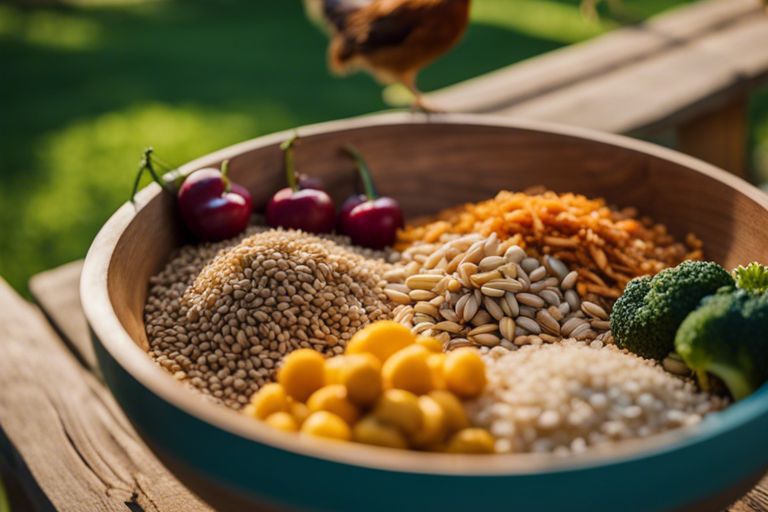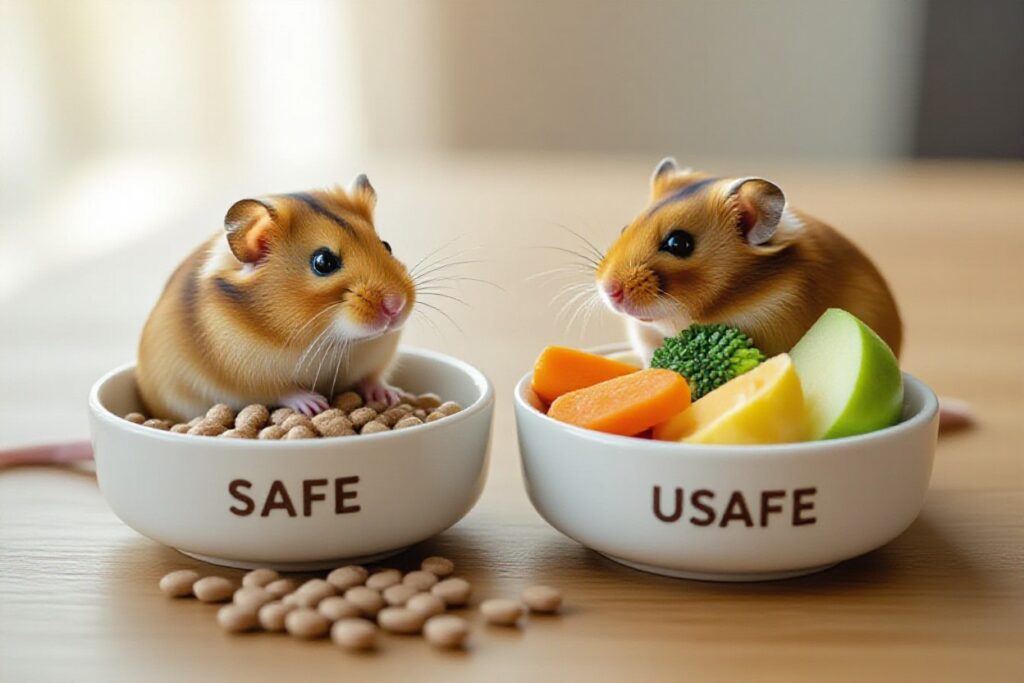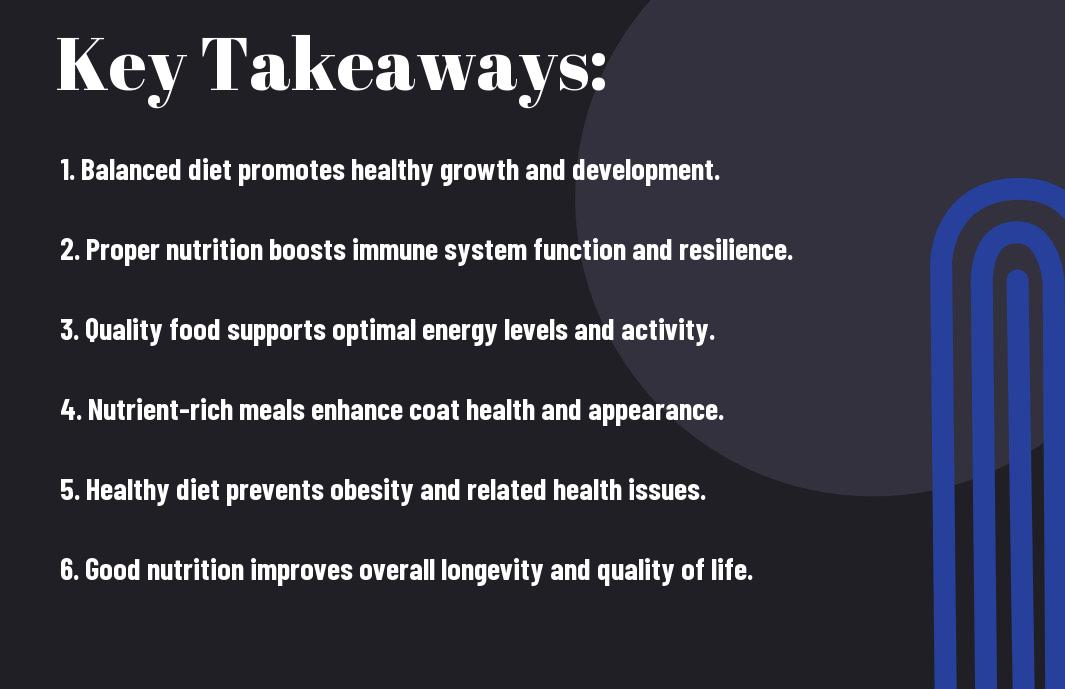Creating your own chicken feed is a cost-effective and rewarding way to ensure your flock stays healthy and happy. By carefully selecting ingredients based on your chickens’ nutritional needs, you can provide them with a well-balanced diet that promotes egg-laying, strong immune systems, and overall well-being. Let’s explore some DIY chicken feed recipes that will help you achieve healthier flocks and save money in the process.
Understanding Chicken Nutrition
Nutritional Requirements for Different Chicken Stages
On the journey from a chick to a fully grown chicken, your flock will have varying nutritional needs. Chicks require higher levels of protein to support growth and development, while laying hens need a diet rich in calcium to support egg production. Understanding these differences is crucial in ensuring the health and productivity of your chickens.
Essential Nutrients and Ingredients
Ingredients play a crucial role in meeting the important nutrient requirements of chickens. Proteins, carbohydrates, fats, vitamins, and minerals are all vital for overall health and well-being. Including a variety of ingredients such as grains, seeds, greens, and supplements in your homemade chicken feed can help create a balanced diet that meets all their nutritional needs.
Essential nutrients like calcium, phosphorus, and various vitamins are necessary for strong bones, eggshell formation, and overall health. Understanding the role of each nutrient can help you tailor your DIY chicken feed recipes to meet the specific needs of your flock.
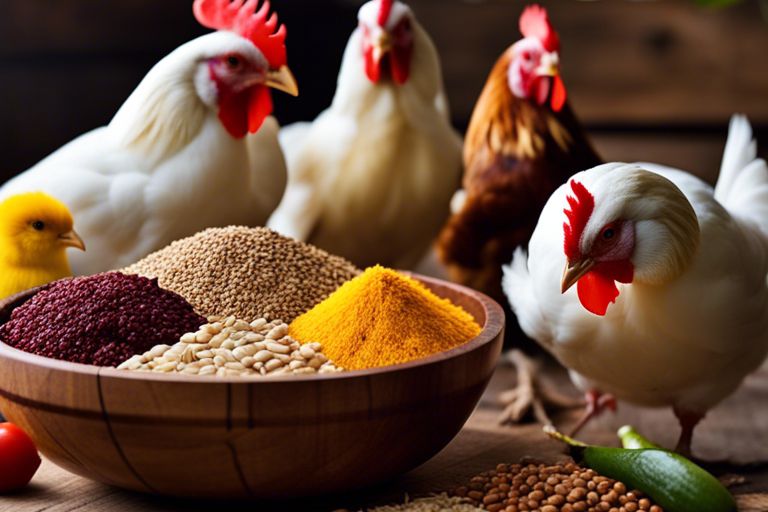
Basic DIY Chicken Feed Recipes
Seed and Grain-Based Feed Mix
Basic seed and grain-based feed mix is a simple yet nutritious option for your flock. It can be easily made by combining a variety of seeds and grains such as corn, barley, oats, and sunflower seeds. This mix provides vital carbohydrates for energy and overall health for your chickens.
Protein-Rich Feed Options for Optimal Health
With protein being a crucial component of a chicken’s diet, ensuring they receive adequate amounts is vital for their overall health and egg production. Some protein-rich feed options include mealworms, black soldier fly larvae, and soybeans. These ingredients are packed with vital amino acids, promoting muscle development and feather growth.
It is vital to incorporate a variety of protein sources in your chicken feed to ensure they receive a well-rounded diet. Supplementing their feed with protein-rich options will not only support their growth but also contribute to overall flock health and productivity. Do not forget, a balanced diet is key to happy and healthy chickens.
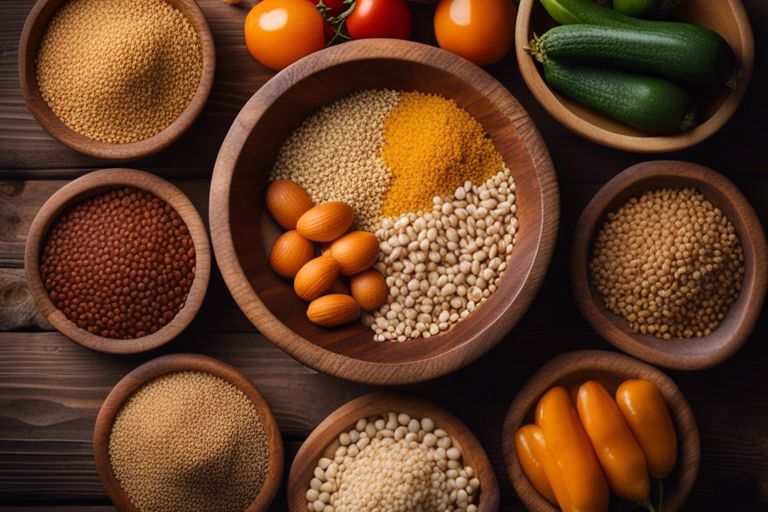
Specialized DIY Feed Formulas
Organic and Non-GMO Feed Recipes
All poultry owners know the importance of providing high-quality feed for their birds. Formulas for organic and non-GMO feed can help ensure your flock stays healthy and happy. Utilizing ingredients such as organic grains, seeds, and supplements, you can create a specialized feed tailored to your chickens’ needs. These recipes not only provide important nutrients but also remove the risk of harmful chemicals and genetically modified organisms.
Recipes for Laying Hens and Meat Birds
An important aspect of raising chickens is understanding the differing nutritional requirements of laying hens and meat birds. By formulating specific recipes for each, you can promote optimal health and productivity within your flock. Whether you’re aiming to boost egg production or maximize growth in meat birds, tailor-made feed formulas can make a significant impact on overall performance and well-being.
Laying hens require a higher calcium content in their diet to support strong eggshells, while meat birds benefit from a protein-rich feed to encourage rapid growth. By incorporating the right balance of nutrients in their feed, you can ensure that both types of birds thrive and reach their full potential.
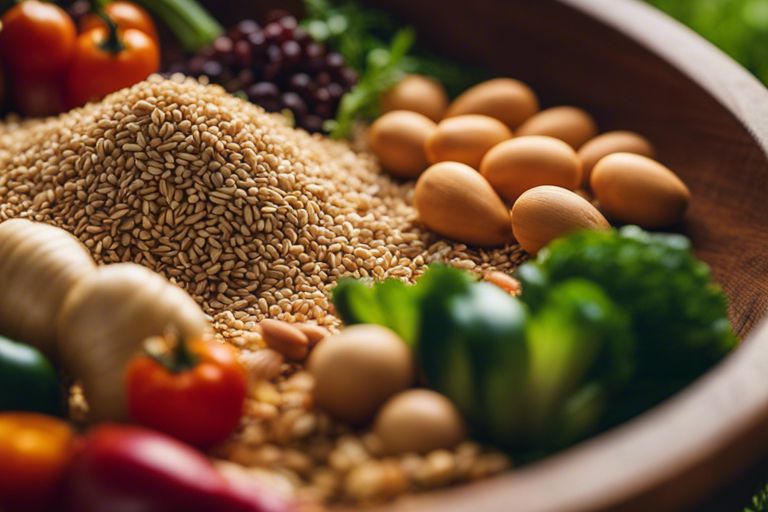
Tips and Tricks for DIY Feed
Keep your flock healthy and thriving by following these tips and tricks for making your own chicken feed.
- Experiment with different ingredient combinations to find what works best for your flock’s health and productivity.
- Consider incorporating kitchen scraps and surplus produce to add variety to your flock’s diet.
- Consult with a poultry nutrition expert to ensure your DIY feed provides all the necessary nutrients for your chickens.
Knowing the ins and outs of DIY feed production will help you create a balanced and healthy diet for your feathered friends.
How to Source Quality Ingredients Economically
The key to sourcing quality ingredients for your DIY chicken feed economically is to establish relationships with local farmers and suppliers. By buying in bulk or trading for other goods, you can often get high-quality grains, seeds, and supplements at a lower cost. Don’t overlook the option of growing some of your own ingredients, such as sunflower seeds or herbs, to further reduce expenses.
Storage and Safety Considerations for Homemade Feed
The storage and safety of homemade chicken feed are crucial factors to consider to prevent contamination and spoilage. Store your feed in a cool, dry place in airtight containers to maintain freshness and prevent pests. Additionally, ensure that all equipment and storage containers are thoroughly cleaned and sanitized to avoid bacterial growth and foodborne illness risks.
Storage containers should be labeled with the date of production and ingredients used to track freshness and monitor potential issues. Consider investing in metal or food-grade plastic containers with secure lids to protect the feed from moisture and pests. Inspect the feed regularly for any signs of mold, insects, or foul odors, and discard any feed that appears contaminated or compromised.
Final Words
Taking this into account, creating DIY chicken feed recipes for your flock is a cost-effective way to ensure their health and well-being. By carefully selecting nutrient-rich ingredients and customizing the feed to meet the specific needs of your chickens, you can provide them with a diet that promotes strong immune systems, optimal egg production, and overall vitality. With a little research and experimentation, you can tailor your chickens’ feed to suit their individual preferences and dietary requirements, resulting in healthier, happier birds. Remember to always consult with a poultry nutritionist or veterinarian to ensure that your DIY chicken feed recipes are balanced and appropriate for your flock’s needs. By taking the time to craft personalized feed blends, you can contribute to the long-term health and happiness of your feathered friends.
FAQ
Q: Why is it important to make homemade chicken feed?
A: Homemade chicken feed allows you to control the quality of ingredients, ensuring healthier and more nutritious options for your flock.
Q: What are some key ingredients to include in DIY chicken feed recipes?
A: Key ingredients to include in DIY chicken feed recipes are grains like corn and wheat, protein sources like soybean meal, and calcium supplements like oyster shells.
Q: How can I ensure a balanced diet for my chickens with homemade feed?
A: To ensure a balanced diet, include a variety of grains, proteins, vitamins, and minerals in your homemade chicken feed recipes.
Q: Are there any ingredients that should be avoided in homemade chicken feed?
A: Yes, avoid using moldy or spoiled ingredients, as well as toxic plants or substances that can be harmful to chickens.
Q: Can I save money by making my own chicken feed at home?
A: Yes, making your own chicken feed at home can help you save money in the long run, especially if you buy ingredients in bulk.
Q: How should I store homemade chicken feed to maintain freshness?
A: Store homemade chicken feed in a cool, dry place in airtight containers to maintain freshness and prevent spoilage.
Q: Can I mix commercial chicken feed with homemade feed for my flock?
A: Yes, you can mix commercial chicken feed with homemade feed to provide your flock with a balanced and nutritious diet. Just ensure the ratios are appropriate for your chickens’ needs.
